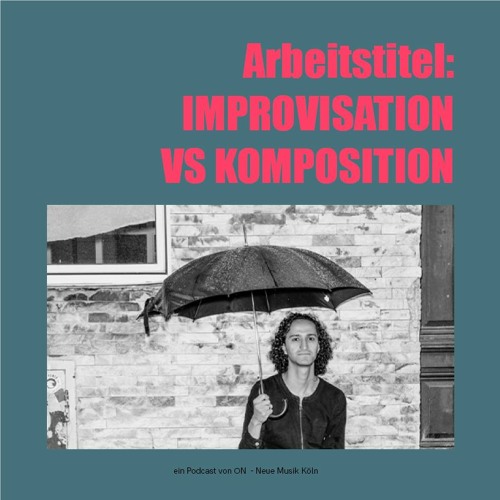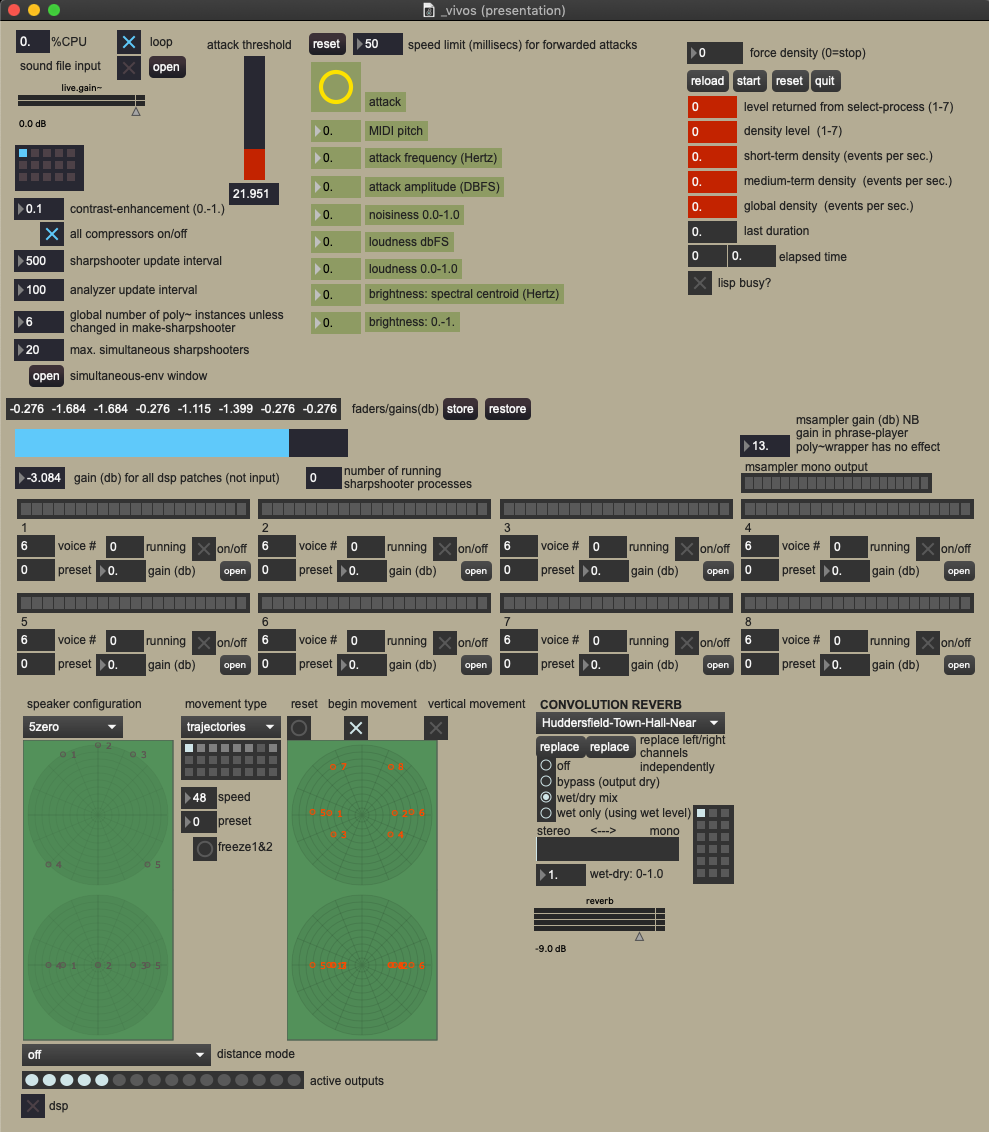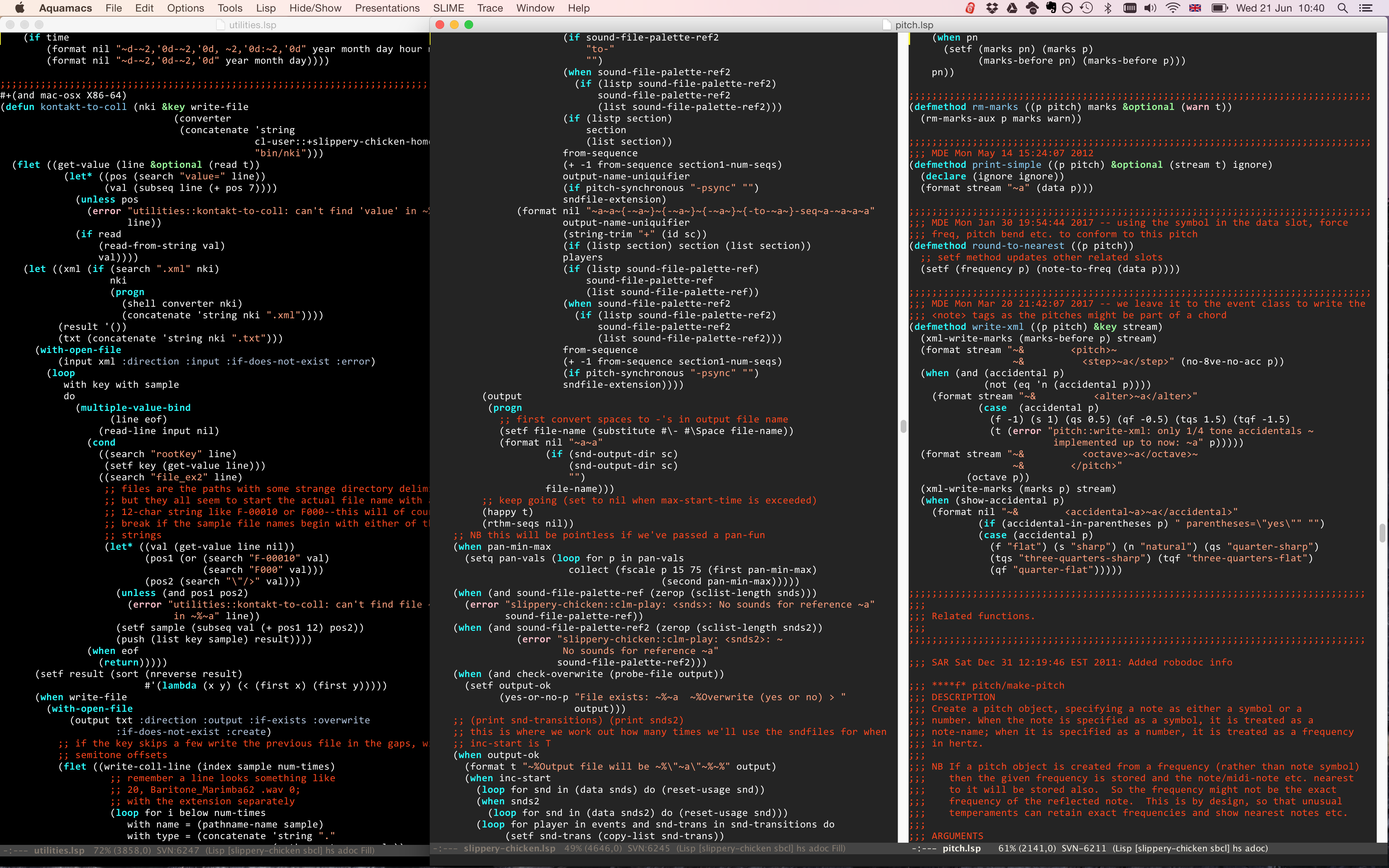Category: programming
-

music for parallel consumption: web audio version
Some call me stubborn; I say I’m tenacious. Once I start something I rarely give up, even if it doesn’t go so well. Weakness, strength, or both, this is what probably makes and made me a composer and a programmer. (Oh dear…this is starting to sound like a cliched answer to an interview question.) The…
-

What’s the difference between music as art and music as entertainment or decoration?
There is a clear relation in this question to an earlier post which offers a definition of art. I posed the question to myself in this form after listening to the results of algorithms I am developing using Wolfram Codes 1 for rhythm generation. I will not even attempt to offer a lengthy, philosophically-rounded answer…
-

image to sound synthesis
Back in the early 90s I experimented with extremely primitive translations of various data sets into sound. The most basic translation of all is taking a computer file of any provenance (plain text, image, etc.), adding a standard wave file header and ‘calling it a sound file’. For instance, whilst programming and debugging C code…
-

Salim Javaid’s ONpodcast (in German)
On November 5th 2020 I discussed composition, improvisation, and performance with Salim Javaid in preparation for a podcast release for the ON – Neue Musik Köln Station. ON – Neue Musik Köln · ONpodcast #30 Arbeitstitel: Improvisation vs Komposition mit Salim Javaid (und Michael Edwards)
-

vivos: automatic unattended real-time processing of audio signals in maxmsp and common lisp
vivos as a noun means alive in Spanish and Portuguese; living in Latin; but also tips its hat at the 1980 computer music landmark Mortuos Plango, Vivos Voco by Jonathan Harvey. My vivos software aims to create flexible, lively, multi-layered, and varied real-time sound processing. Its focus is upon unattended processing driven by audio…
-

MusicXML output from slippery chicken
Back in 2011, after several years of using either CMN or Sibelius (the latter via MIDI file import), I was considering alternative score output formats for my algorithmic composition software slippery chicken. With its 3.0 version status that year, MusicXML was showing maturity and was definitely a contender for slippery chicken output. After playing around with mainly Sibelius’s MusicXML import functionality, however,…
-

Porting slippery chicken
First of all I should say that there are no current plans to port slippery chicken. But: A humourously intended (though sarcastic: you know who you are!) post on my Facebook page asked me why my algorithmic composition software is written in Common Lisp and not something more modern (and Lisp-inspired) like Python. My first response might be…
